The Future of Sustainable Packaging: How Zipper Paper Pouches Are Revolutionizing Product Storage
In today’s eco-conscious market, zipper paper pouches have emerged as a game-changing solution that combines functionality with environmental responsibility. These innovative packages represent a significant evolution from traditional plastic alternatives, offering brands an opportunity to meet consumer demand for sustainable options without compromising convenience. While kraft paper cookie bags have long been the standard for artisanal bakeries and premium snacks, new technological advancements are transforming them into sophisticated packaging solutions suitable for a wide range of products. This packaging revolution reflects broader industry trends toward circular economy principles, reduced carbon footprints, and smarter material usage across retail and e-commerce sectors.
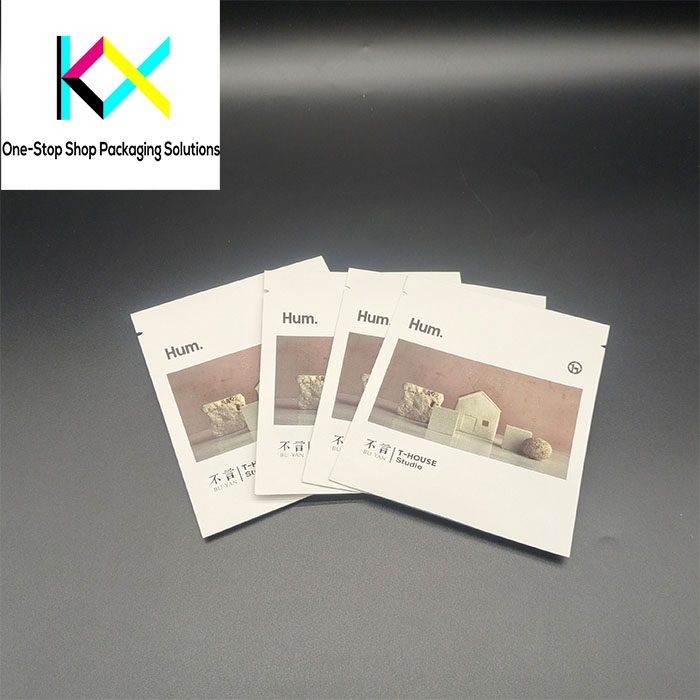
1. Material Science Breakthroughs in Paper Packaging
Modern zipper paper pouches utilize cutting-edge material innovations that overcome traditional paper limitations:
Plant-based barrier coatings derived from algae extracts and vegetable proteins provide moisture resistance comparable to plastic laminates
Reinforced fiber matrices incorporating hemp and bamboo strands enhance durability by 40%
Natural wax alternatives using candelilla and carnauba create heat-sealable edges
Compostable window films made from cellulose acetate maintain product visibility
Premium chocolate brand Alter Eco reported a 32% increase in repeat purchases after switching to kraft paper cookie bags with these advanced features, demonstrating how sustainability can drive customer loyalty.

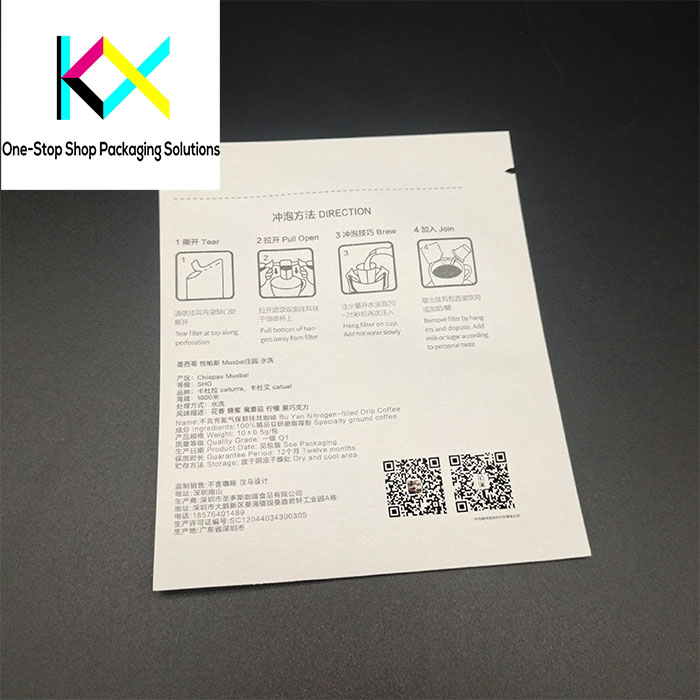
2. Smart Closure Systems: Where Function Meets Innovation
The sealing mechanisms in today’s zipper paper pouches represent engineering marvels:
Advanced Fastening Technology
Biodegradable zippers made from PLA composites withstand 300+ open/close cycles
Magnetic seal strips using natural rubber binders maintain freshness
Adhesive-free folded seals preserve product integrity
User Experience Enhancements
Tear-notches with laser-perforated openings for easy access
Writeable surfaces for inventory tracking and freshness dating
Integrated measuring guides for portion control
These innovations have enabled brands like Tate’s Bake Shop to use kraft paper cookie bags for delicate shortbread while ensuring optimal crispness and flavor preservation.
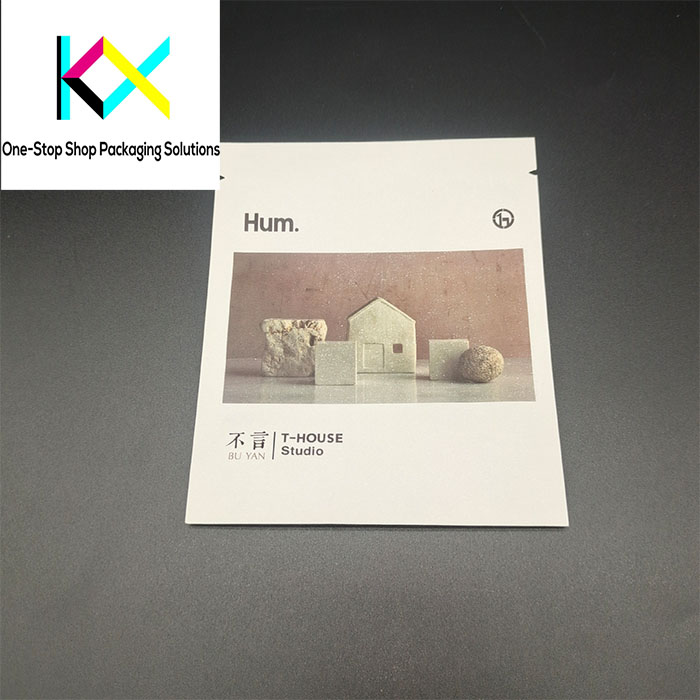
3. Sustainability Advantages: Beyond Basic Biodegradability
The environmental benefits of zipper paper pouches extend throughout the product lifecycle:
Carbon Footprint Reduction
72% lower production emissions compared to plastic alternatives
Localized material sourcing minimizes transportation impacts
Water-based printing processes eliminate VOC emissions
End-of-Life Solutions
Industrial composting certification in 10-14 weeks
Marine-degradable versions break down in saltwater within 90 days
Recyclable through standard paper streams
Circular Economy Integration
Digital watermarking enables precise sorting for recycling
Take-back programs transform used pouches into new packaging
Upcycling initiatives create construction materials from post-consumer waste
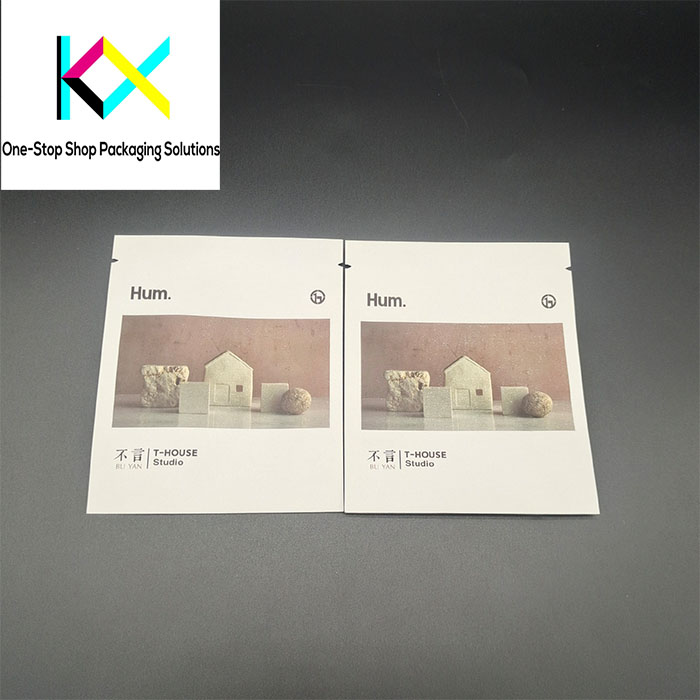
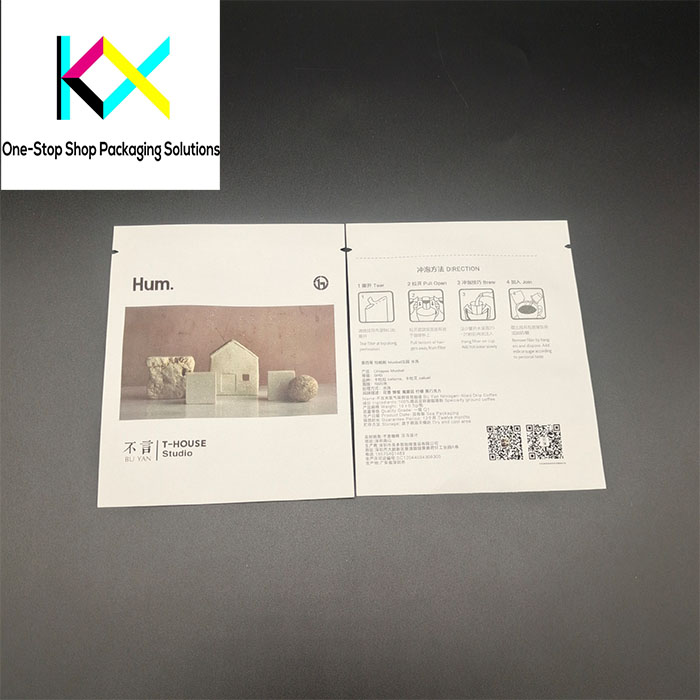
4. Market Applications: From Gourmet to Industrial
Today’s kraft paper cookie bags serve diverse industries with specialized adaptations:
Food Industry Innovations
Grease-resistant coatings for oily snacks and baked goods
Antimicrobial liners for extended freshness
Vapor-phase inhibitors for moisture-sensitive products
Non-Food Applications
Child-resistant designs for pharmaceutical packaging
Static-dissipative versions for electronic components
Scent-infused variants for luxury retail products
Specialty coffee company Death Wish Coffee recently launched limited-edition zipper paper pouches with integrated aroma-preservation valves, showcasing the format’s premium potential.
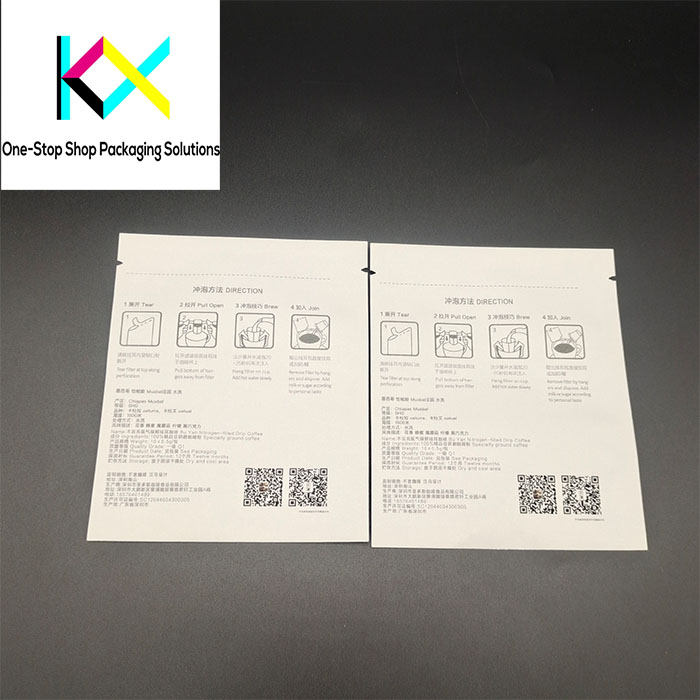
5. The Future of Paper-Based Flexible Packaging
Emerging technologies promise to further revolutionize kraft paper cookie bags:
Next-Generation Materials
-
Self-cleaning nano-coatings that repel liquids and dirt
-
Temperature-responsive inks indicating product freshness
-
Conductive traces enabling smart tracking
Advanced Manufacturing
-
AI-optimized material usage reducing waste by 35%
-
Digital printing allowing hyper-customization
-
Robotics-assisted assembly improving production efficiency
Sustainability Breakthroughs
-
Carbon-negative production processes
-
Regenerative agriculture material sourcing
-
Waterless pulping technologies
As these innovations mature, zipper paper pouches will continue displacing traditional plastic packaging across more categories, offering brands an authentic sustainability story that resonates with eco-conscious consumers while delivering uncompromising functionality.
You can visit our website to know more about our flexible packaging pouch:
